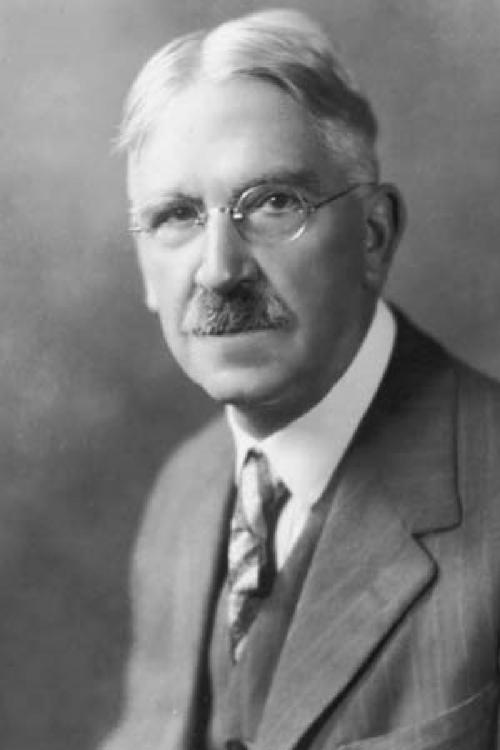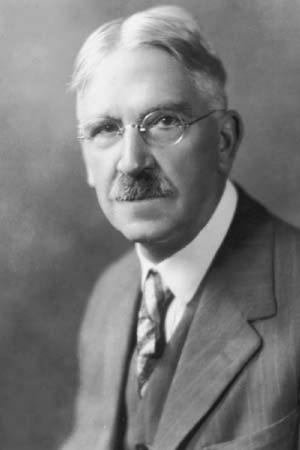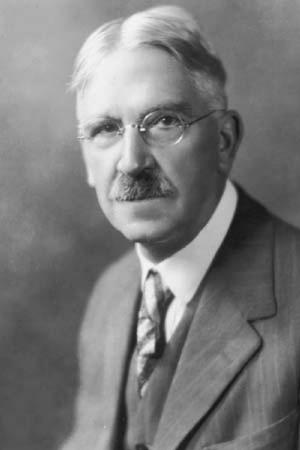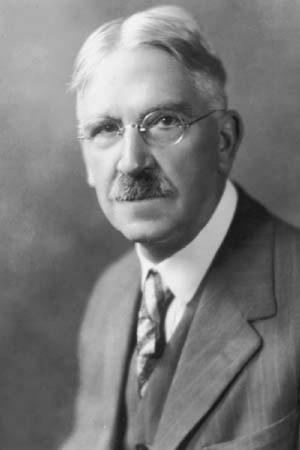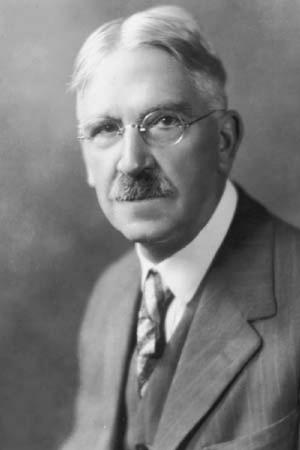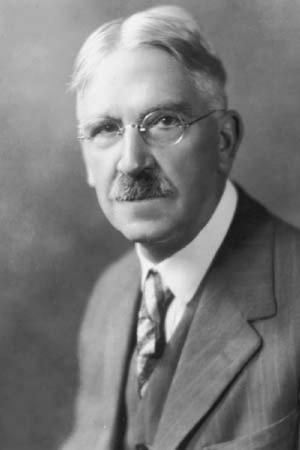| Author: | John Dewey | ISBN: | 1230001439502 |
| Publisher: | Timeless Books | Publication: | November 23, 2016 |
| Imprint: | Language: | English |
| Author: | John Dewey |
| ISBN: | 1230001439502 |
| Publisher: | Timeless Books |
| Publication: | November 23, 2016 |
| Imprint: | |
| Language: | English |
The book has an active table of contents for readers to easy access of each chapter.
John Dewey was one of the most influential American philosophers, psychologists, and educators whose ideas have impacted education and social reform around the world. He is one of the founders with the philosophy of pragmatism and of functional psychology. He is in the row with the greatest thinkers including Bertrand Russell, Ludwig Wittgenstein, Karl Popper, Charles Peirce, John Mill, and William James.
Dewey considered schools and civil society as the two fundamental elements that had to be constructively evolved by encouraging experimental intelligence and plurality. Dewey’s belief is that complete democracy is to be sustainable not just by giving and extending voting rights but also by ensuring that a fully formed public opinion is accomplished by communication among citizens, experts, and politicians with the full accountability and responsibility for the policies they adopt.
THE EGO AS CAUSE is one of the important papers by John Dewey about his philosophical view that “pretty much all libertarians nowadays insist that their doctrine of freedom of will is quite distinct from the older theory of indifferent choice.” He further asserted “for my own part, I wish by 'causation' to mean nothing more nor less than the possibility of analyzing the vague undefined datum of a volition into a group of specific and concrete conditions, that is, factors. “
John Dewey’s influence has been felt in nearly every field of the humanities, sciences, and American corporate culture such learning by doing. The reasoning by John Dewey still remains as relevant today as it was then. This book is one of the most important ones about the deepest thoughts of philosophy and psychology by John Dewey, one of the greatest thinkers of psychology, science, and logic on the planet.
The book has an active table of contents for readers to easy access of each chapter.
John Dewey was one of the most influential American philosophers, psychologists, and educators whose ideas have impacted education and social reform around the world. He is one of the founders with the philosophy of pragmatism and of functional psychology. He is in the row with the greatest thinkers including Bertrand Russell, Ludwig Wittgenstein, Karl Popper, Charles Peirce, John Mill, and William James.
Dewey considered schools and civil society as the two fundamental elements that had to be constructively evolved by encouraging experimental intelligence and plurality. Dewey’s belief is that complete democracy is to be sustainable not just by giving and extending voting rights but also by ensuring that a fully formed public opinion is accomplished by communication among citizens, experts, and politicians with the full accountability and responsibility for the policies they adopt.
THE EGO AS CAUSE is one of the important papers by John Dewey about his philosophical view that “pretty much all libertarians nowadays insist that their doctrine of freedom of will is quite distinct from the older theory of indifferent choice.” He further asserted “for my own part, I wish by 'causation' to mean nothing more nor less than the possibility of analyzing the vague undefined datum of a volition into a group of specific and concrete conditions, that is, factors. “
John Dewey’s influence has been felt in nearly every field of the humanities, sciences, and American corporate culture such learning by doing. The reasoning by John Dewey still remains as relevant today as it was then. This book is one of the most important ones about the deepest thoughts of philosophy and psychology by John Dewey, one of the greatest thinkers of psychology, science, and logic on the planet.
